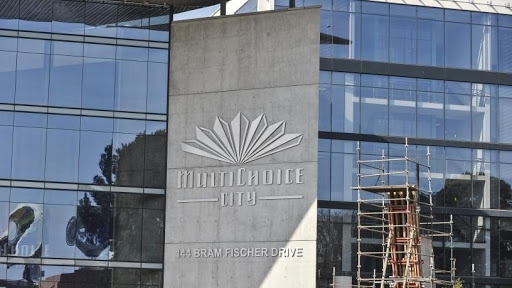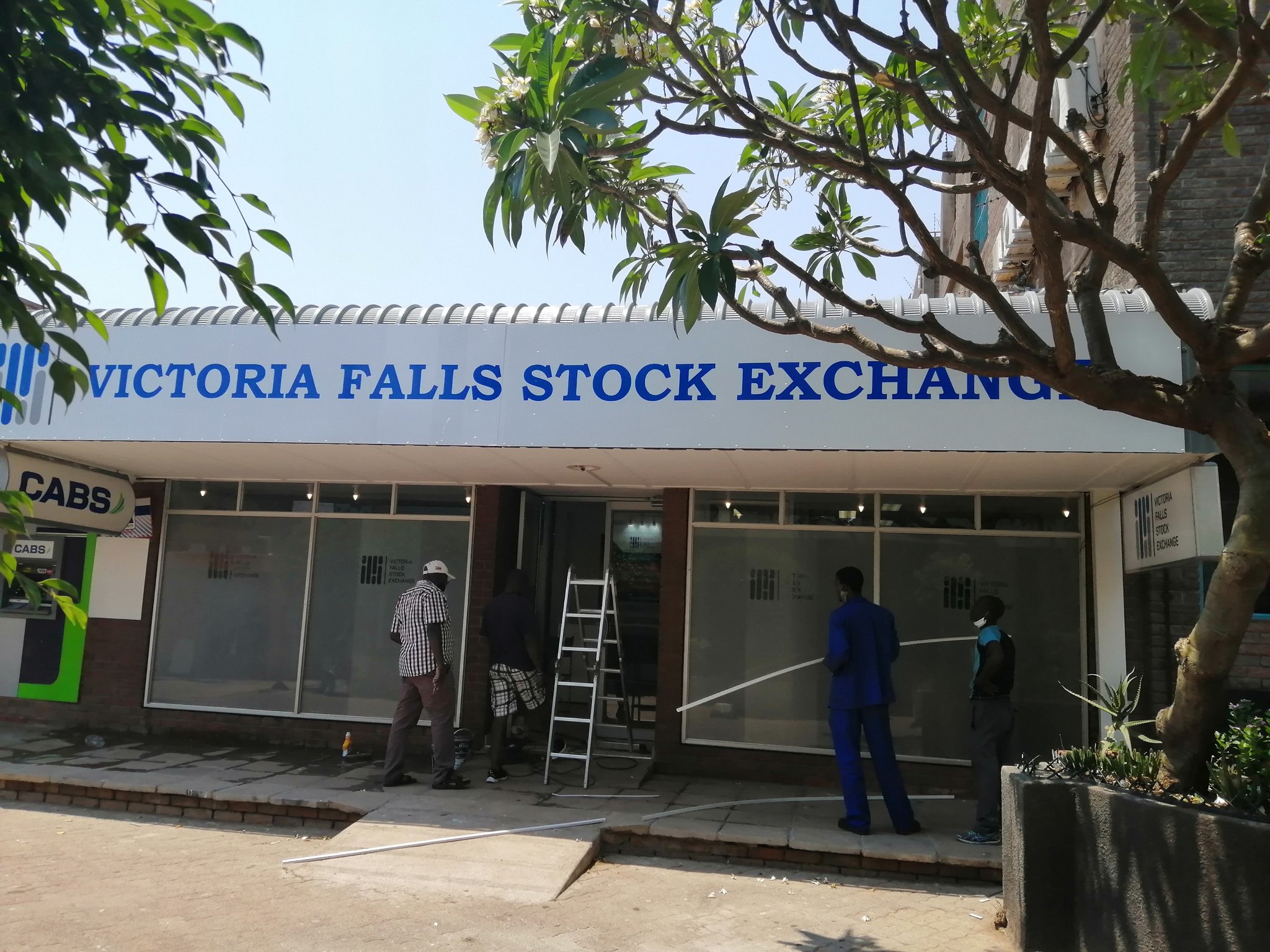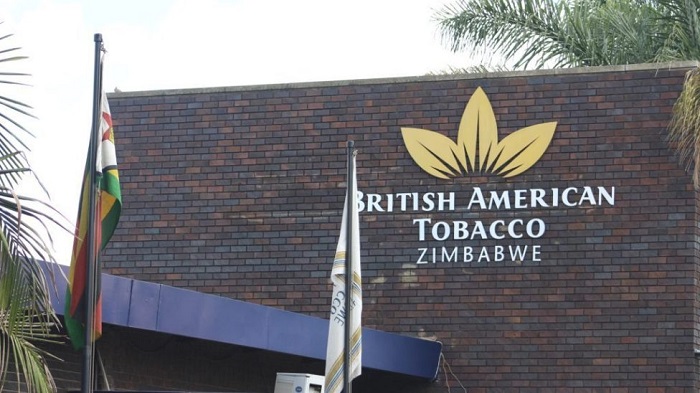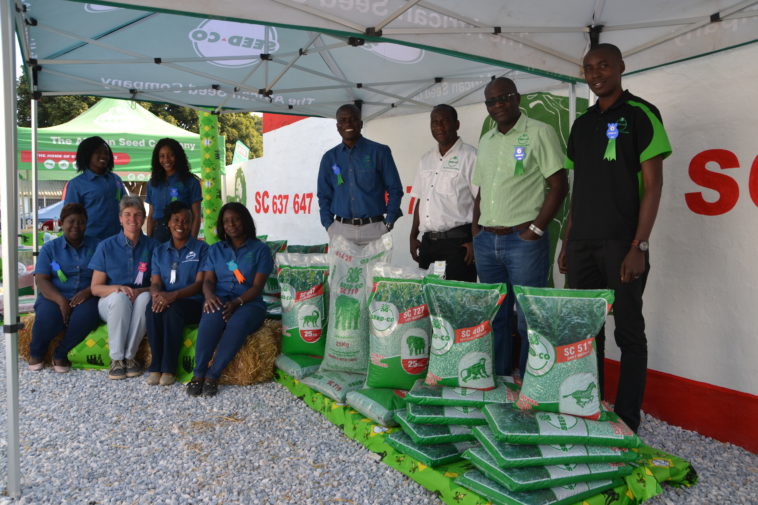SeedCo says ready for cropping season
SeedCo Limited, Zimbabwe’s largest seed producer, says it is counting on its substantial seed stock to satisfy the demand in both local and export markets during the upcoming season.
Demand is strong amid the projections for a good rainfall season. Zimbabwe and several other countries on the continent had a poor 2023/2024 agricultural season due to the devastating impact of the El Nino-induced drought, which left millions of people food insecure.
As a result, President Mnangagwa declared the 2023/2024 agricultural season a State of Disaster to ready all state apparatus for appropriate response measures.
The President has vowed that no-one will starve and has adopted a principled approach that puts the welfare of all Zimbabweans above partisan interests, which has seen the Government fulfilling all its pledges.
Mr Tineyi Chatiza, the group’s secretary in a trading update for the first quarter ended June 30, 2024 said the quarter under review generally served as a time for accumulating costs in preparation for the main cereal seed sales season which takes place later in the financial year.
“In the first quarter, Zimbabwe saw a 15 percent increase in total seed sales compared to the same period last year, largely due to strong local winter maize sales and export. Wheat and barley volumes remained consistent with the previous year,” he said.
Earlier in the year, the company said it was adequately stocked with 28 000 tonnes at the close of 2024 financial year including estimated deliveries that were more than adequate for the local market and to satisfy the 8 100 tonnes of confirmed export orders.
In the quarter under review, the group decided to adopt the United States dollar (USD) as both the functional and reporting currency for the business effective April 1, 2024.
Resultantly, revenue for the June 30, 2024 quarter (FY25) increased 17 percent to US$13,1 million compared to US$11,2 million in the first quarter of financial year 2024. Operating profit grew 20 percent to US$5,4 million compared to US$4,55 million in the prior quarter.
“The rise in revenue and operating profit aligns with the volume performance,” Mr Chatiza said.
In a recent interview, group chief executive, Mr Morgan Nzwere said the company was targeting spending 10 percent of its revenue on research and development of very early-maturing maize seeds in response to climate change, which has had adverse effects on agriculture.
He said climate change had always been a key research area for the group.
“Our target is to spend 10 percent of our revenue on research and development, but obviously, not every year, which amounts to ten percent.
“It really depends on the projects that are at hand, and our breeders have to request expenditure, but we supply them with whatever cash they need in terms of achieving that 10 percent research coverage,” he said.
Climate change is making droughts more frequent and severe globally, threatening food security.
In Zimbabwe, climate change is bringing harsher and more frequent droughts, threatening the staple maize crop.
However, farmers have in recent years turned to climate-smart practices such as reducing tilling and using water-saving drip irrigation, with some growing drought resistant grains such as sorghum.
In 2020, Zimbabwe launched a US$47 million project to run for seven years with the support of the Green Climate Fund and the United Nations Development Programme (UNDP), aimed at strengthening the climate resilience of vulnerable communities.
Programmes such as Pfumvudza smart agriculture have increased resilience against climate change-induced drought impacts and improved yields in rural communities where it has been implemented.
This has seen farmers fully embracing the Pfumvudza strategy to improve yields and in the process enhance food security.
-chroncile









